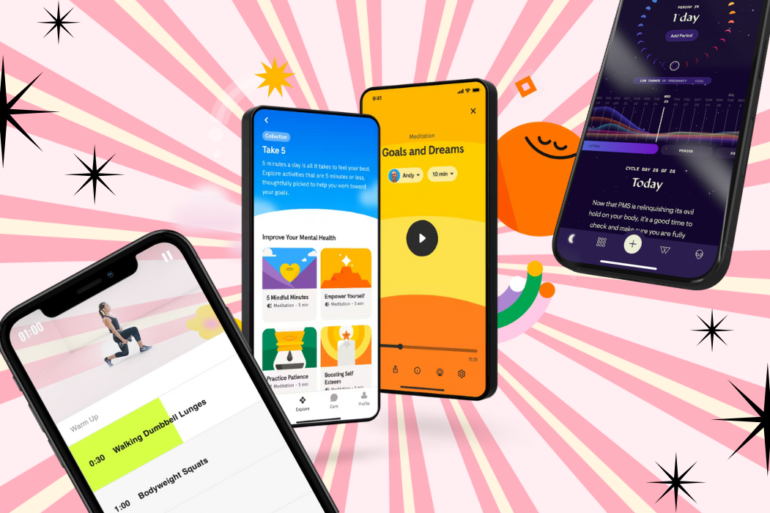Gen Z employees are not lazy or coddled. Companies just haven’t evolved with the changing times and values of people in the workplace.
Potato Corner’s recent job posting-turned-meme used to be an acceptable template for most companies in the Philippines. Not anymore. Today, it’s a good example of how you can damage your reputation and become the laughing stock of the internet.
It also illustrates how expectations from a workplace have evolved through generations.
Potato Corner listed some of the following as musts for applicants: “18 to 30 years old, preferably female, have a good visual impact and pleasing personality, weight must be proportional to height, have a clear complexion, eyesight and good set of teeth.”
If companies want the slightest chance to hire and keep young professionals in their workplace, they should update their criteria to align with the workforce’s expectations.
A few years back, it wasn’t deemed discriminatory or funny to include good looks and weight in a set of qualifications for almost every existing jobs. To be blunt, employers wanted to hire only beautiful, outgoing people—for jobs that have nothing to do with either. These were, in fact, staples.
While the embarrassing moment for the global food franchise gave everyone a good laugh and, in no small measure, elicited anger, it says a lot about how employers are so out of touch with the times.
Many organizations still struggle to evolve with the times, and to attract, welcome and retain new hires from the younger generation who are starting to join the workforce.
In today’s case, Gen Z.
What Gen Z wants



The Potato Corner controversy is not an isolated case and has always been a problem in different work environments. If this were 2010, people would raise an eyebrow not at Potato Corner’s job posting but at those who have a problem with it.
This, among a variety of toxic work cultures, does not sit well with Gen Z and millennials. And, unfortunately, some companies still make the mistake of dismissing their values and labeling them lazy, whiny and coddled.
Setting unrealistic, discriminating job specifications means companies can lose young, talented workers who also have their own set of standards on who they want to work for.
They value the ability to work remotely, work on flexible hours, and have autonomy in managing their schedules. That doesn’t make them lazy, they just want to live a balanced life.
According to research, Gen Z is the most diverse generation in history. They prioritize diversity and inclusion in the workplace. To retain them, a company must have an inclusive culture that values diversity, and ensure that they offer equal opportunities for all employees regardless of background.
Gen Z employees are digital natives and value innovation. They want to be encouraged to be creative, they want to be trained to become problem solvers while having access to cutting-edge technology and tools.
They put a premium on flexibility and work-life balance. They value the ability to work remotely, work on flexible hours, and have autonomy in managing their schedules. That doesn’t make them lazy, they just want to live a balanced life.
Employers who have taken the time and effort to understand this generation’s behavior, such as in the Stanford study, would know them as “highly collaborative cohorts that care deeply about others and have a pragmatic attitude how to address a set of inherited issues.”
Understanding how Gen Z is a different generation



With “understanding” as the operative word, employers can skip the tug of war between the past and the future, which often leads to unproductive professional relationships.
While their pragmatic attitude doesn’t make them right all the time, an inter-generational dialogue can help both the older and the younger employees to learn from one another and listen with more respect, appreciation, and trust.
“I came to understand that Gen Zers are, on the whole, much better adapted to life in a digital age than those of us who are older and that they can be very frustrated by what appear to them to be outdated and often irrelevant ways of doing things,” shared Roberta Katz, a senior research scholar at Stanford’s Center for Advanced Study in the Behavioral Sciences.
If companies want the slightest chance to hire and keep young professionals in their workplace, they should update their criteria to align with the workforce’s expectations.








